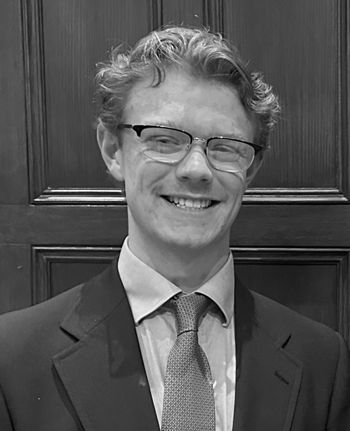Columbia 'Nonbinary Perspectives' course will explore 'genealogies' of 'queer and trans thought'
Columbia University's Women's and Gender Studies Department is going to be offering a fall course, 'Nonbinary Perspectives.'
Columbia University’s Women’s and Gender Studies Department is going to be offering a fall course, “Nonbinary Perspectives.”
According to the description of the course, students enrolled in the course will explore such “nonbinary” perspectives through four working units throughout the semester, which cover “Lineages, Institutions, Culture, and Politics.”
The first unit, Lineages, will, “take students through a historically grounded study of where and why we might look for nonbinary in the past, how the existence of a binary and challenges to it have each shaped genealogies of feminist, queer, and trans thought in the past, and how binary and nonbinary figures have been central to the medicine, psychology, and science of sex.”
[RELATED: University of Hawaii instructor calls on institution to ‘cut ties’ with U.S. Navy and Israel]
The second unit, Institutions, will have students interpret the “interactions between nonbinary gender and institutional structures such as the state, the prison system, academic knowledge, and the built environment.”
The second unit will also have students answer the question, “whether nonbinary reconceptions of institutions can provide new insight on how to live in relation to them.”
The Culture unit of the course will have students study how “nonbinary”-identifying individuals have emerged in society, specifically through “popular culture, personal experience, and the intersections of race and globalization.”
In this unit students will also ask “critical questions about how the rapid flow of culture laid the groundwork for nonbinary’s emergence at the same time as it ensured its potentially uneven distribution.”
[RELATED: Columbia encourages parents to support children’s gender identity, ‘even if you don’t fully agree’]
The fourth and final unit of the course will also ask students to examine the “political stakes of nonbinary.” Students will investigate the “backlashes against its emergence and exploring what forms of collective politics nonbinary gender might enable.”
Students enrolled in the course will also be asked throughout the semester to “actively theorize nonbinary gender and its role in 21st century life and the interdisciplinary study of gender and sexuality.”
Campus Reform has contacted Columbia University for comment. This article will be updated accordingly.

